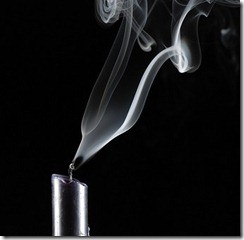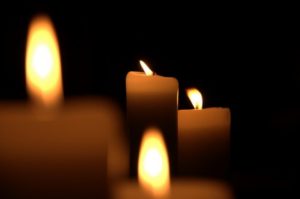The NY Times featured an article on October 1 about a new “trend” of young Jews tattooing their relatives’ Holocaust number on their arm. It was an interesting article, thought provoking in the explanation of the motive behind the ink.
Today, there are fewer than 500,000 Holocaust survivors alive world wide. As we move from a time of living memory into historical record it’s becoming more challenging to keep the memory alive and relevant. The world has started to forget as history moves on; and that is dangerous. It is very likely that my generation is the last to be able to personally know survivors of the Shoah. With that knowledge it falls heavily on us to ensure that we continue the mantra of “Never Forget” and “Never Again”.
The Nazis used tattoos to dehumanize Jews, fully knowing the religious laws kept by their Jewish prisoners forbade them from marring their flesh (I do believe that this prohibition only extends to those who willingly receive tattoos). Many prisoners were not tattooed as they were murdered upon arrival. How do we remember and honor those lives? How do those of us without a number to tattoo, or those of us disagree with tattooing continue to remember?
I struggled quite a bit with writing this article. I kept thinking who am I to weigh in on this topic? Who am I to condemn or condone this tribute? I grew up in a rural town, as a non Jew, not knowing any Jews. I read about the Holocaust and was appalled and horrified but in a detached way. I had no connection and no ability to fathom a tragedy of such magnitude. Who does?
When I was 15 my family took a vacation to Washington D.C and one of our stops was the Holocaust museum. There I walked behind an elderly couple struggling to keep composure. On a different floor I saw the same couple standing off to the side. She had come undone. As she reached out for comfort I saw the numbers that had been burned into her arm decades earlier. I was profoundly shocked and deeply moved. Something inside of me broke and I have never forgotten that moment. It was my first personal connection to the Holocaust.
I understand those who feel that these relatives are personalizing something that isn’t theirs to personalize; that they are attempting to appropriate a burden that is not theirs. I can also see where those who find it a ghastly and horrific idea are coming from. I hesitate to criticize what others do to honor those who have passed on. I see these tattoos as a form of love born out of a desire to not let the world forget.
In time, I hope a ritual will be created to help further memorialize the Shoah. Something that all Jews would come together for, similar to a Seder. Where we would lend our voices and prayers for those who suffered and perished. To praise those who were defiant and offered help. Through discussions of the inhumanity that led to these tattoos, lessons of courage and resistance, and stories displaying the strength of the human spirit we could find a way to keep keep the Holocaust relevant and meaningful.



